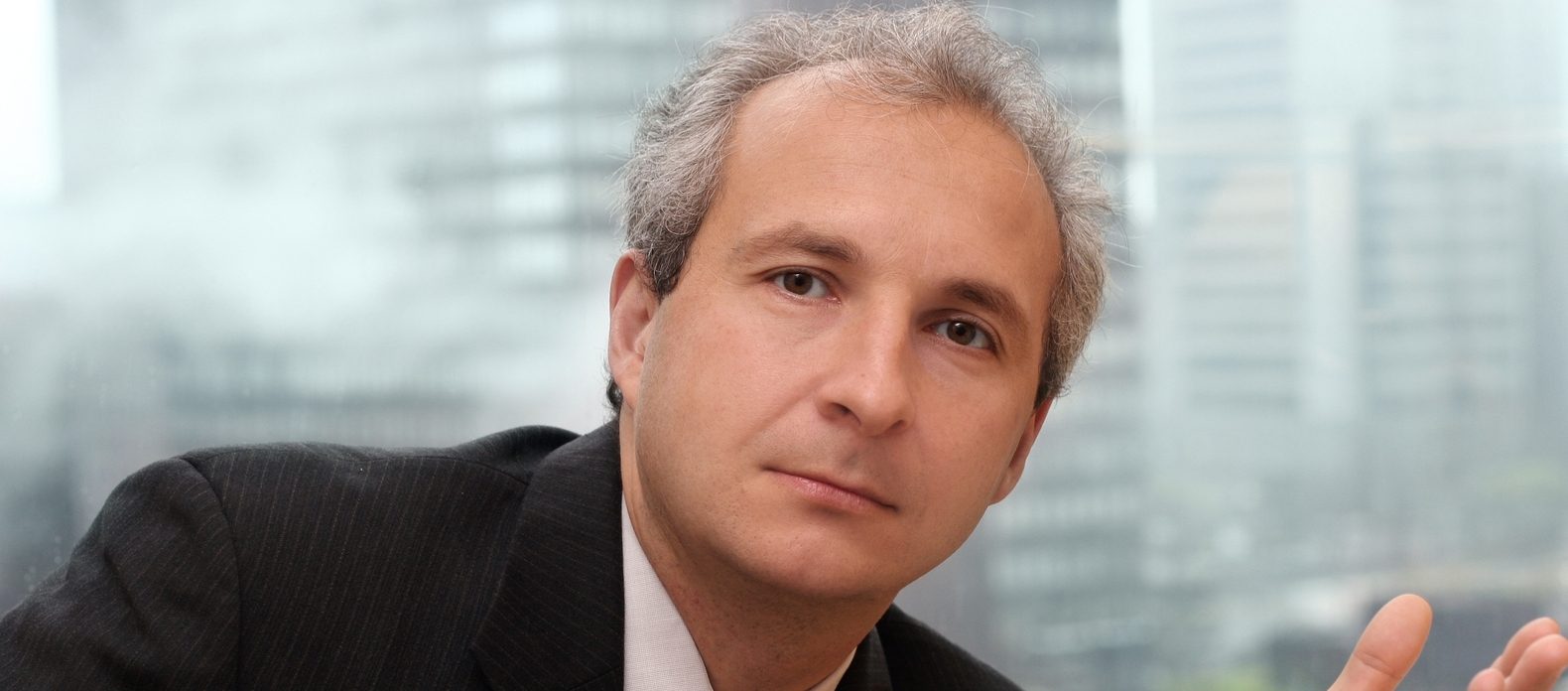This is the first of two posts related to trust, one of the five essential capacities of cognition and character that a leader who shoulders great responsibility must have. These were originally published Forbes online. This post explains why trust is a crucial capacity, how it has to be regulated and what happens when it is absent. The next post offers suggestions on the assessment of trust.
The capacity for trust—both to trust others and to inspire trust—is a fundamental character trait every leader with great responsibility must have. But it’s tricky. A leader dependent on praise and affirmation or one who is overwhelmed by his duties can be too trusting. Charismatic leaders excel at inspiring trust but can use it to manipulate their followers in ways that can turn malignant. In fact, even the greatest leader—and each of us—sometimes trusts unwisely or lets down those who have trusted her.
In this era of #metoo, “fake news,” “alternative facts,” integrity failures at businesses both old (Wells Fargo) and new (Uber) and Russian bots responding to our posts and tweets on Facebook and Twitter, few would dispute that we are embroiled in a crisis around trust in the workplace and the wider culture.
A quick Google search of “leadership and trust” yields links to dozens of articles on how to build trust, quizzes for self-assessment of how trustworthy you seem to be (with tips on how to improve your score) and numerous consulting firms offering their services to help your company build a culture of trust.
This article looks at trust from a different angle—as a fundamental personality trait that needs to be part of a comprehensive evaluation of a potential leader.
Elsewhere I have written about a model of leadership assessment and development that proposes five essential cognitive capacities and personality traits that every leader must have. Trust is one of the core five. (The others are self-awareness, empathy, critical thinking and discipline/self-control.) The model was derived from an unexpected but happy marriage of two bodies of thought—psychological studies of ego functions and executive functioning and the U.S. Army’s vision of leadership described in its remarkable Field Manual on Leader Development.
In the case of self-awareness, critical thinking and discipline more is generally better. Trust and empathy are a little different, as an excess of either can lead to problems. A great leader needs to get it just right.
The Capacity to Inspire Trust
A leader’s capacity to inspire trust in others–that is, to be trustworthy–is essential in motivating and inspiring members of his team. It’s also essential in helping everyone involved endure crises and manage difficult situations.
The Capacity to Trust Others
Trust in human relationships goes in two directions. The idea that a leader must be trustworthy is familiar. That he also needs to have the capacity to trust others is less intuitively obvious, but the capacity to trust is essential. It’s a psychological predisposition learned in early childhood.
The leader lacking in trust is unable to form effective relationships and functional teams. Habitually feeling beleaguered and unfairly treated, he is drained of energy and focus and unfairly blames others, further creating a fragile, demoralized and suspicious environment.
The capacity to trust others enables a leader to:
- Create a shared understanding which is necessary for organized and strategic action.
- Count on members of a team to fulfill expectations.
- Delegate.
- Maintain confidentiality throughout the organization.
- Develop a cohesive team.
- Build morale.
- Absorb feedback, acknowledge errors and correct them.
- Grow and develop leadership skills in followers.
- Create a climate of respect and fairness.
What Occurs When a Leader Trusts Others Too Much?
Ideally, a leader possesses a general disposition to trust others but knows when and how to temper it with realism and diligence. When a leader is not discerning enough in his trust of others, blind spots flourish and, paradoxically, people in the organization feel unsafe. Inappropriate trust may occur because a leader is too dependent on the approval of others or overwhelmed by his duties. Here are some of the potential consequences:
- Failure to attend to clues suggesting malfeasance or dishonesty.
- Negligence and poor oversight.
- Confirmation bias takes hold.
- Vulnerability to being fooled by someone on whom the leader is dependent.
When is a Good Thing too Much?
Trusting Others
Ken McCracken, head of Family Business Consulting at KPMG UK, writing about trusted advisors to family businesses, alerts us to the dangers of “affinity fraud,” a concept as applicable to corporate and organizational leadership as it is to family enterprise.
Affinity fraud occurs when trust is automatically greater for those who are “like us” or part of an in-group.McCracken cites the case of infamous investor Bernie Madoff:
Madoff “exploited his social connections to court investments from individuals and institutions among the Jewish community. Some of his clients seem to have relied on their shared background with Madoff to overcome any doubts they had about the barely believable financial returns that were promised. Investors it seems were persuaded that it was plausible that someone from the same community, or in-group, could be trusted to give them a great deal that would have sounded too good to be true had it been offered by an outsider without such ties.“
However, having a tilt towards trust is not a bad thing. McCracken also identifies a group he calls “optimists”— those who have the disposition to trust people including those who are different and outsiders. Optimists count competence as more important than affinity.
The intrinsic optimism in this attitude usually means that setbacks involving breach of trust … are absorbed without … sacrificing the view that people are generally trustworthy and that this attitude is the right way to live and conduct the affairs of the family business.
Inspiring Trust
Charismatic leaders inspire trust based on the force of their personality and the magnetism of their vision. Their followers are prone to ignore information that would weaken the comforting idealization of their leader. Charismatic leaders create a regressive psychological situation in the groups they lead where emotion holds sway over rational thought. It’s best to think of the trust evoked by charismatic leaders as a very powerful tool that can be used for good or ill. The wise charismatic leader will understand that the degree of trust his followers have in him is out of proportion to his merit and is careful not to exploit it.
Conclusion
Trust is a matter of finding the right balance. It is essential that a leader has the capacity to trust others. She must also be alert to reality, open to the limitations of trust and the possibility that trust will be betrayed. She must be able to recover from disappointments in the realm of trust without a shift in basic attitude. A leader must also be able to inspire trust, but he needs to temper his followers’ trust with a crisp understanding of his limitations and the possibility of inadvertently evoking blind and inappropriate trust.
The single best measure of reliable and appropriately modulated trust for those assessing a potential leader is her capacity to admit errors, change course when new information comes in and welcome negative feedback and different opinions.
Further Reading: How To Assess An Essential Leadership Capacity: Trusting Others and Inspiring Trust




